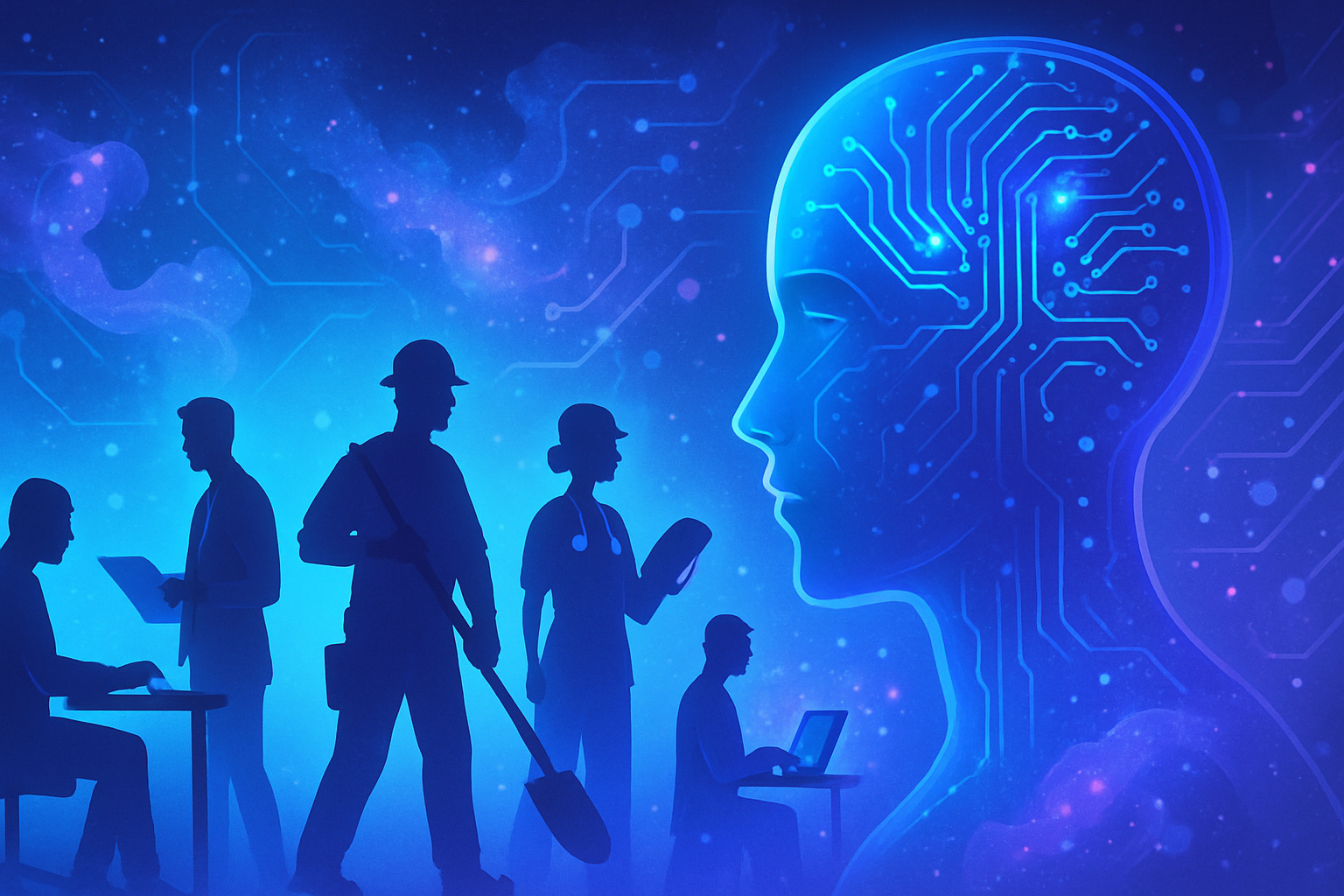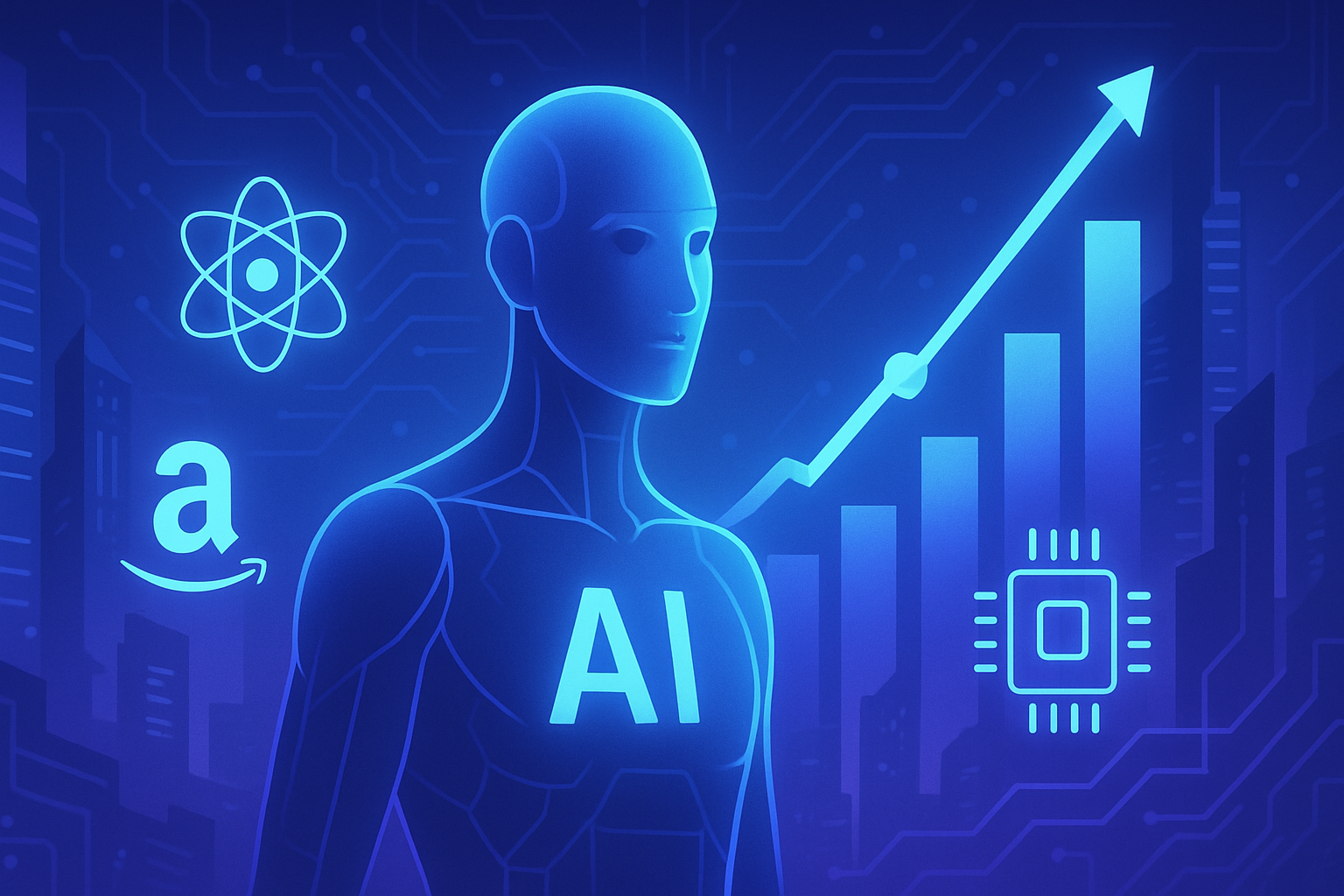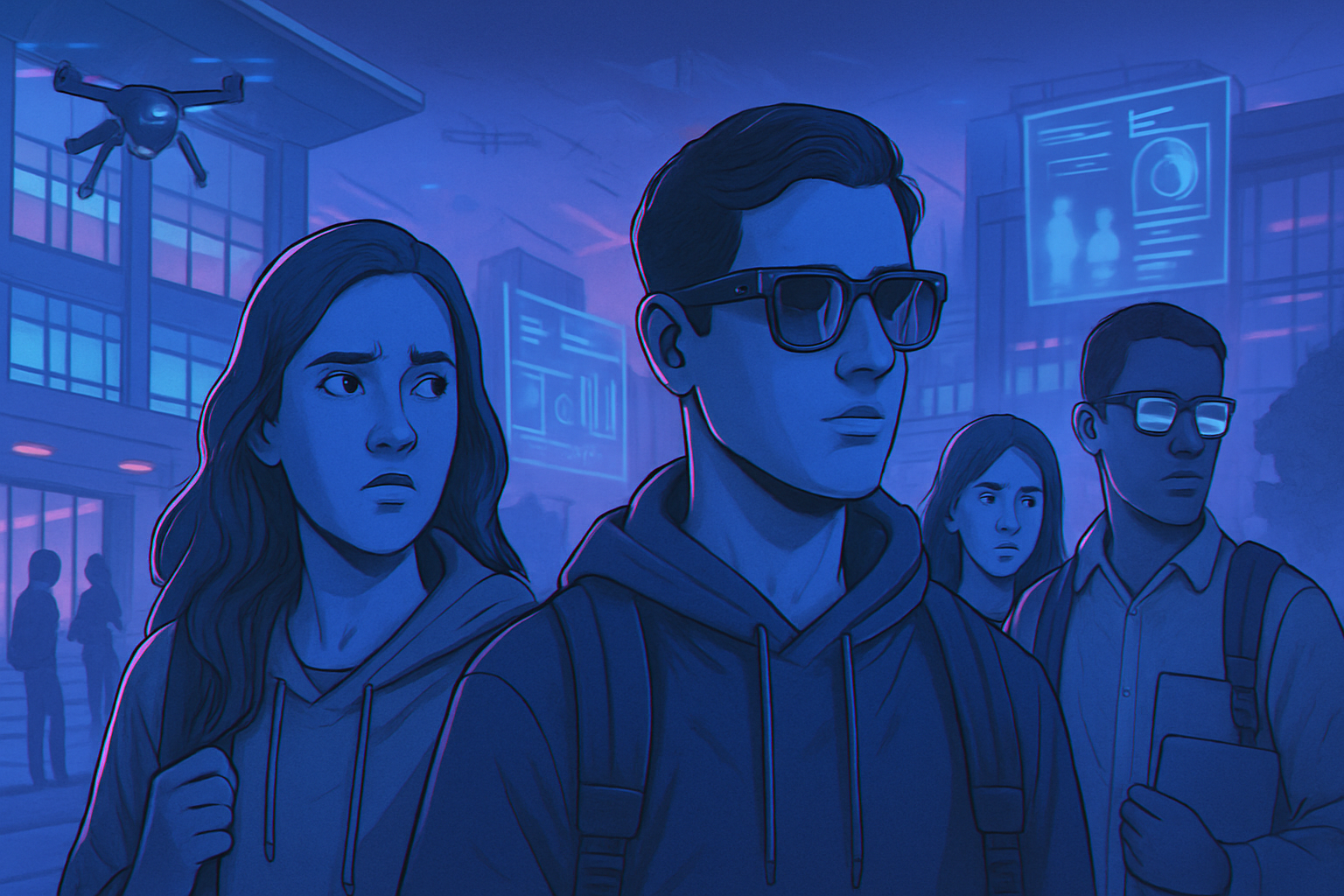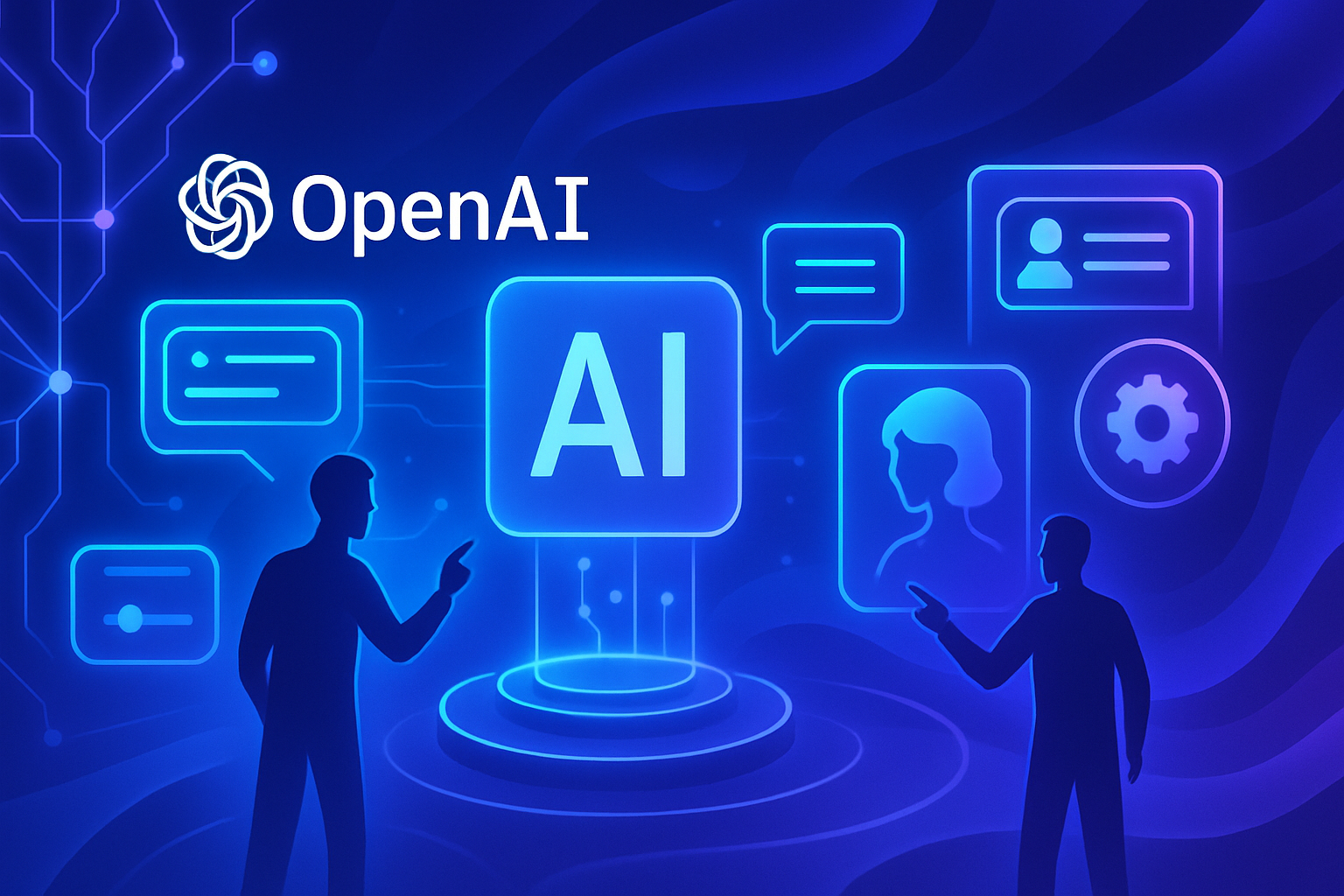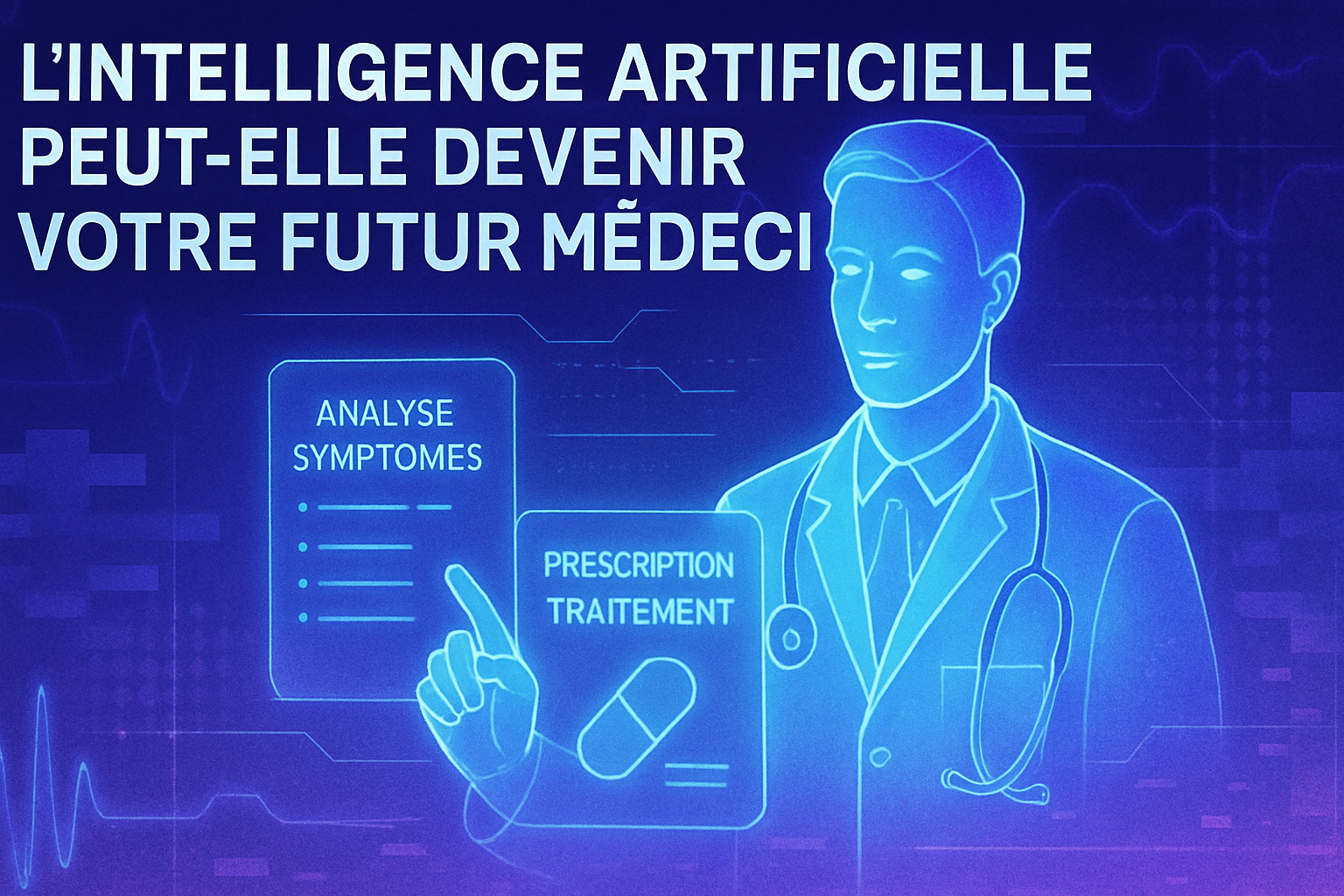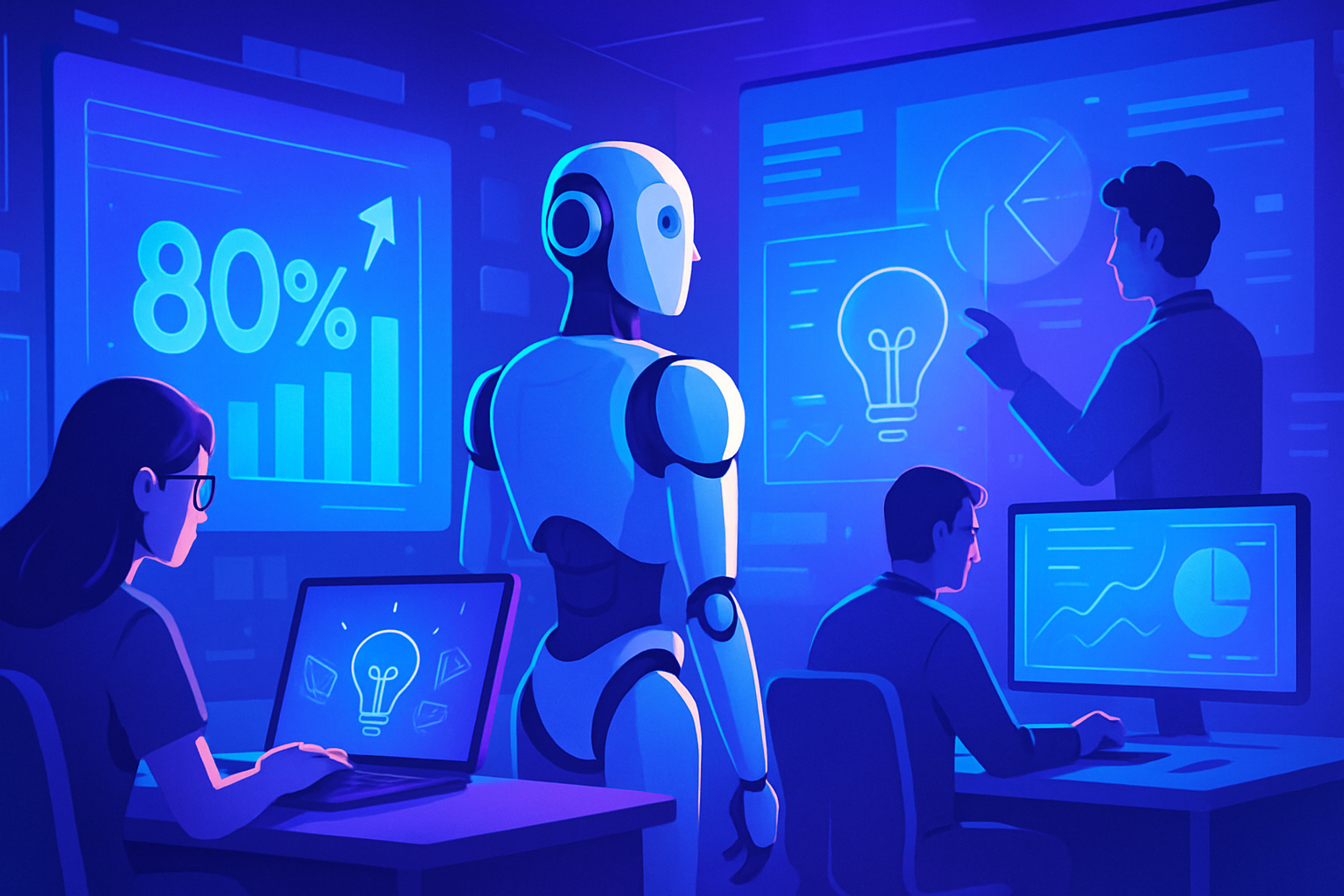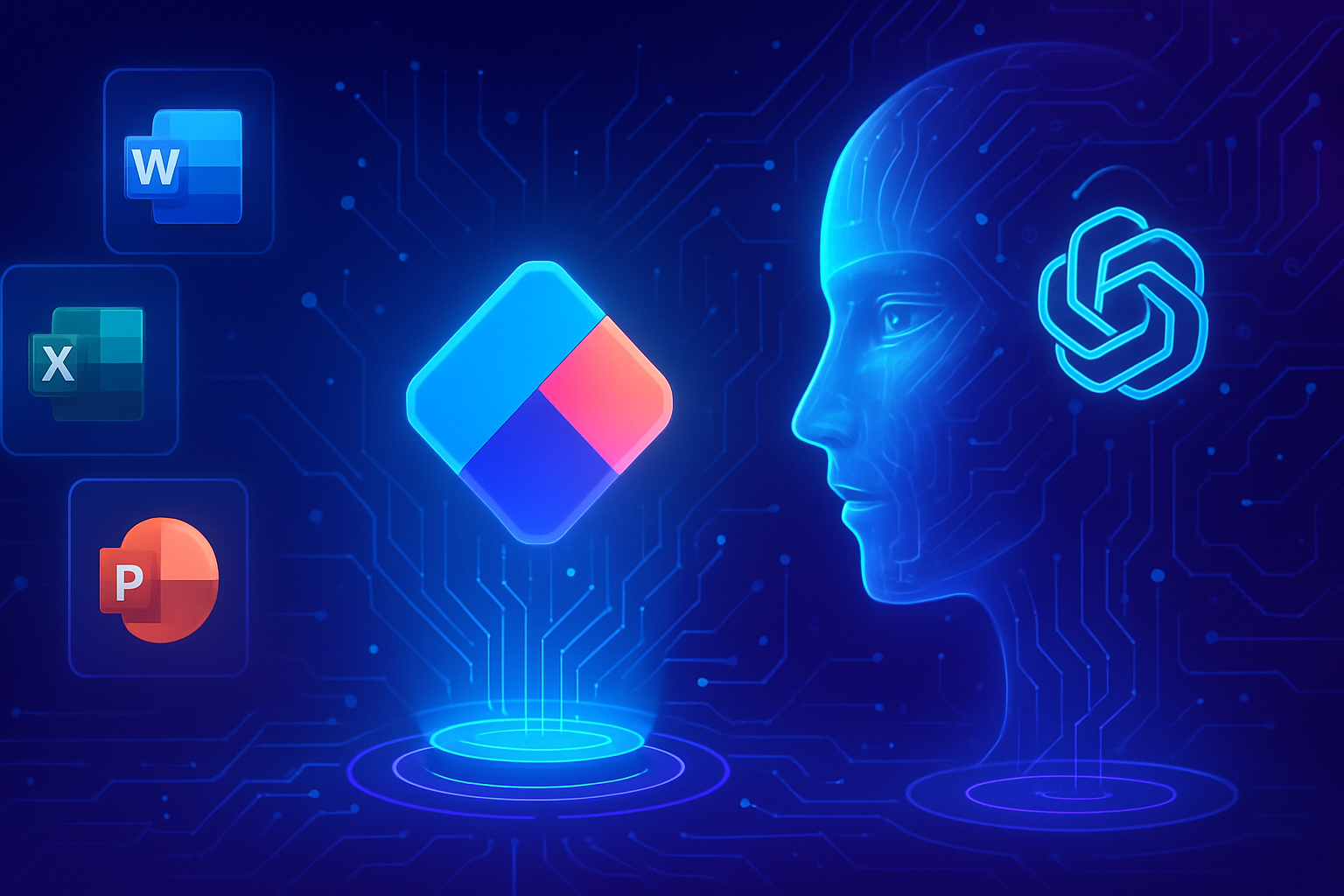The impact of artificial intelligence on the American job market is generating intense debates. A recent study from Yale confirms that, so far, disruptions remain marginal. Researchers emphasize that the evolution of technologies does not immediately lead to spectacular transformations in existing jobs. This longevity of the status quo in the world of work is thought-provoking. The “technological transition” could extend over decades, suggesting that the period of change remains uncertain.
A thorough analysis of the data
A study conducted by the Budget Lab at Yale University has highlighted a surprising finding. The American job market has been little affected by recent technological advances, particularly those related to artificial intelligence (AI). Since the launch of ChatGPT in November 2022, the report indicates that no “discernible disruption” has been observed.
Historical trends in perspective
Researchers point out that technological upheavals in the workplace generally unfold over decades. For illustration, the rise of computers in offices did not materialize until nearly a decade after their introduction to the public. This phenomenon is also observed in the evolution of workflows, which took even longer to transform.
The potential impact of AI on employment
The findings of the study remind us that, while new technologies may have a significant impact on the job market in the future, it is reasonable to expect that the effects will manifest more slowly than anticipated. Analyses indicate that changes in the composition of jobs were already occurring in 2021 and that recent developments do not seem more pronounced.
A comparison with past decades
The changes observed in the current job market appear “slow” compared to those of the 1940s and 1950s. At that time, radical modifications resulted from World War II, significantly influencing the professional landscape.
Concerns about job redundancy
Growing concerns about AI mainly revolve around the imminent replacement of certain jobs. Dario Amodei, CEO of Anthropic, has warned about the possibility that this technology could eliminate up to half of entry-level office jobs within the next five years. Sectors such as media, film, and business services, like accounting, could be particularly affected.
An analysis of recent data
Economists from the Budget Lab and the Brookings Institution stated that the evolution of the composition of jobs in the United States has not shown significant acceleration since the introduction of ChatGPT. They find that the changes align with observed trends rather than indicating an imminent crisis.
Divergences between age groups
Recent data indicate a divergence between the job mixes of recent graduates and those of older graduates aged 25 to 34. This situation may illustrate the impact of AI on the employment of young workers while reflecting a general slowdown in the market.
Speculation on the impact of AI
The report indicates that anxiety surrounding the effects of AI on the job market remains largely hypothetical. The data suggest that the impact of AI translates mainly into stability rather than disruption on an economic scale.
Frequently asked questions about the impact of artificial intelligence on the American job market
What does the Yale study on the American job market and artificial intelligence consist of?
The Yale study examined the impact of artificial intelligence on the American job market since the release of ChatGPT in November 2022. Researchers concluded that there have been no significant disruptions in the job market, indicating that technological changes often take decades to be felt.
What is the main finding of the study regarding disruptions caused by artificial intelligence?
The main finding is that there has been no “discernible disruption” in the American job market since the introduction of new AI technologies, and the changes in job composition are seen as slowly progressive.
What types of jobs could be most affected by AI according to the researchers?
Researchers suggest that sectors such as media, film production, and business services, such as accounting, could be the most impacted by AI technologies, as changes in job composition were already underway before the launch of ChatGPT.
What types of data were examined in the study to support its conclusions?
The study analyzed historical trends in the job market and how these indicate that major transformations require time to stabilize, recalling changes in previous decades when computers became common in offices.
How does the study address concerns about job loss due to AI?
Although there are fears regarding job elimination, the study emphasizes that these concerns remain largely speculative, and the data indicate a relatively strong stability in the job market, with no significant signs of increased unemployment related to AI.
Are recent graduates more affected by the introduction of AI into the job market?
The study noted a divergence in employment data between recent graduates and those aged 25 to 34, which could indicate that the impact of AI is beginning to be felt by early-career workers, but this could also reflect a general slowdown in the job market.
What are the current implications of these findings for American workers?
The findings suggest that, while changes are expected in the long term, American workers should anticipate a fairly stable employment landscape in the short term, with no immediate radical changes due to AI.
